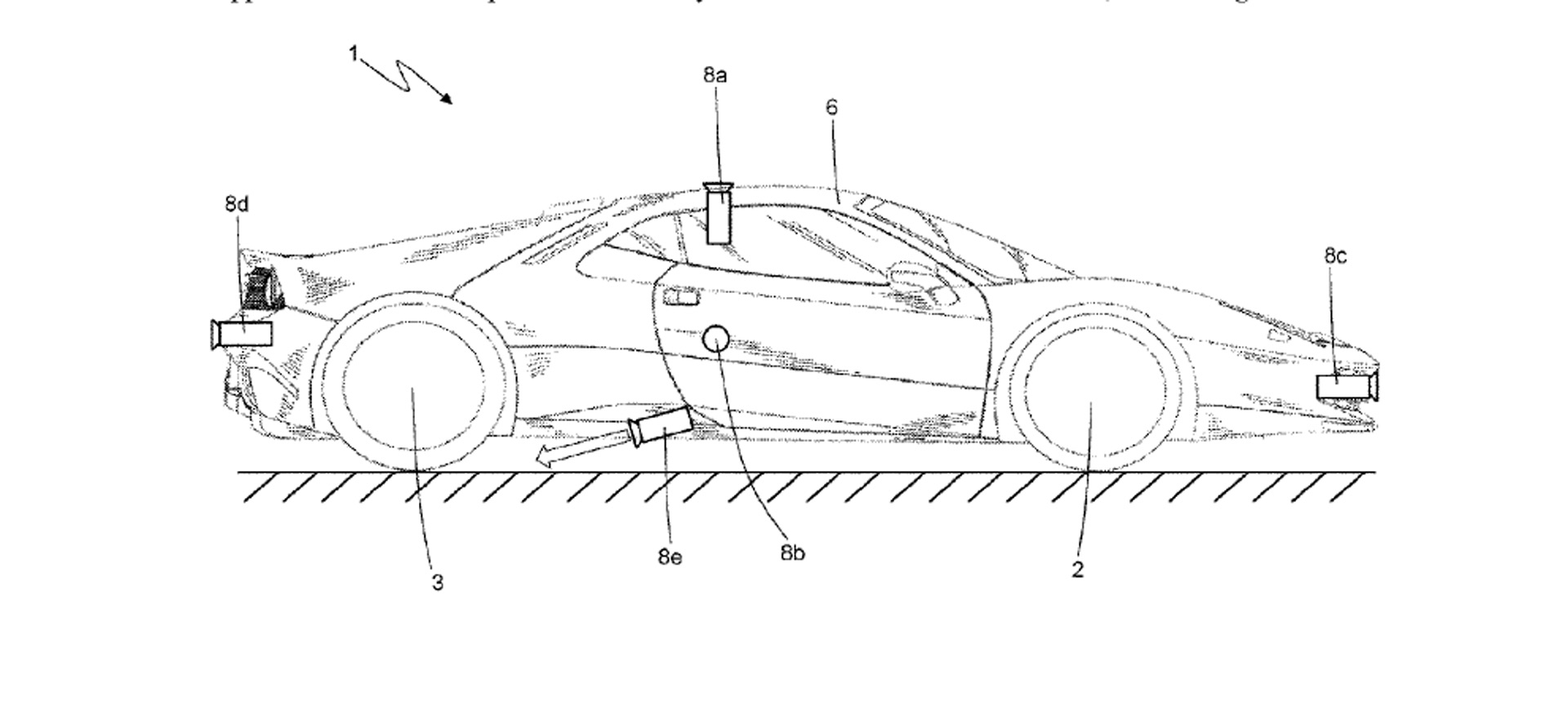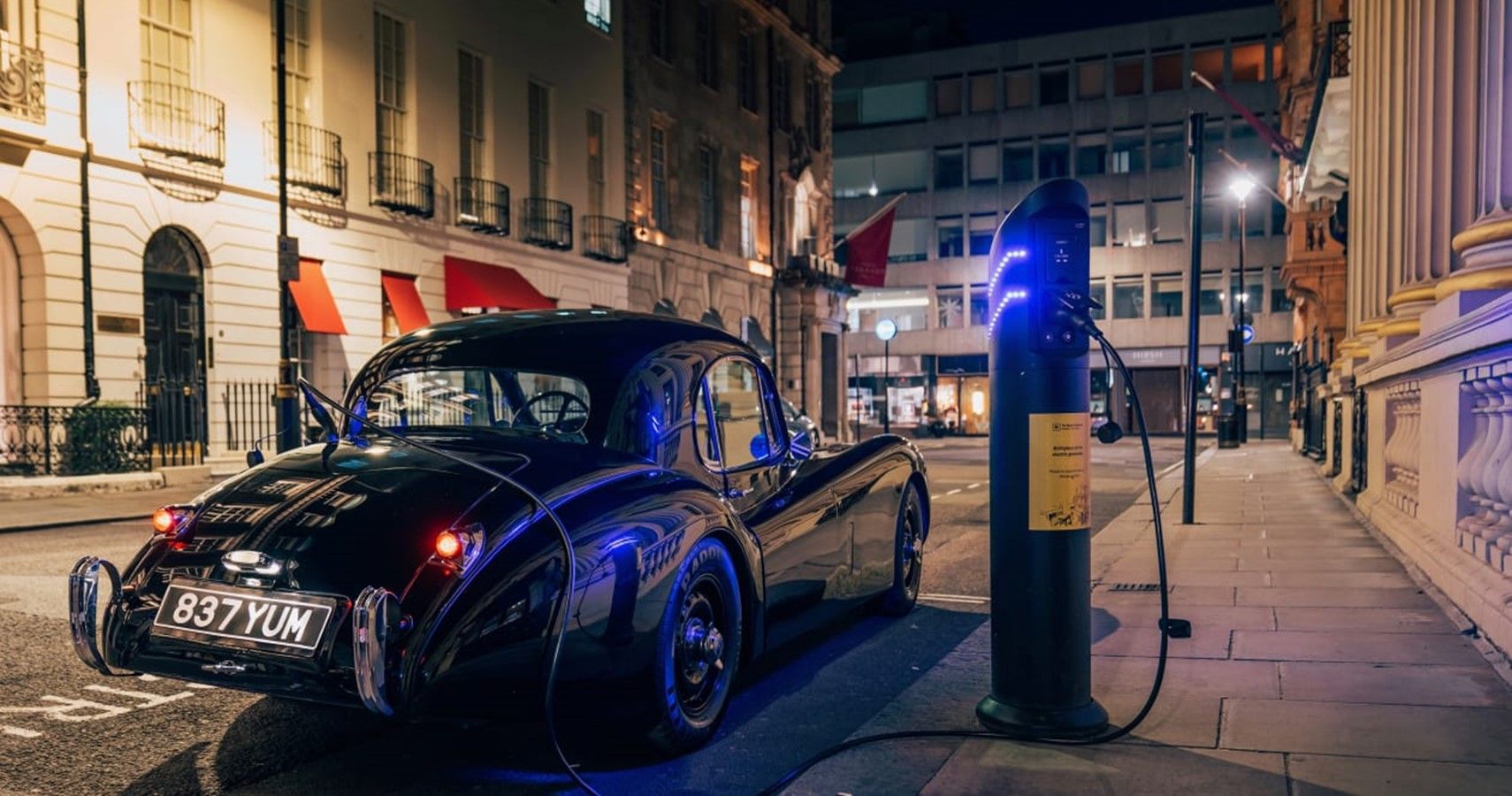Although I'm not interested in EV's, they have been brought up many times in various articles within this thread. So I'll add another one. This time it is arguing why you should NOT convert your vintage car to electric power. Some of the logic is dependant on the owner's use if the car, and therefore a little overstated. But actually a fair amount of it is on point and valid.
While the electric revolution is ongoing, there are valid reasons why classic car owners should think twice before converting their car to an EV.

www.hotcars.com
Especially the part about the environmental tradeoffs; the eco destruction from manufacturing the batteries and other components that go into converting a car to electric, versus the amount of emissions a minimal use hobby car will typically create (with a ICE). That is a real factor for production of all electric vehicles and one of the reasons many authorities say synthetic (bio) fuels will be the next answer after the electric trend dies out (and it will, like all fads).

 www.hagerty.com
www.hagerty.com





